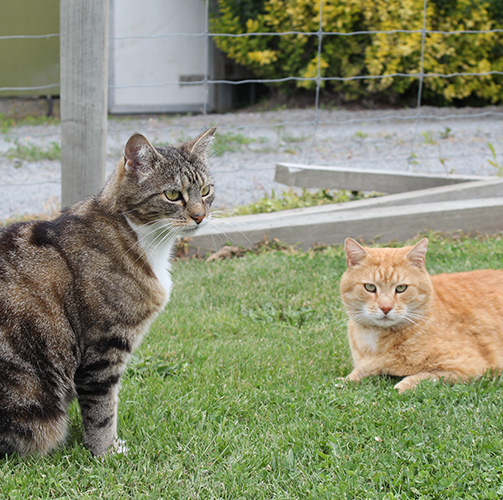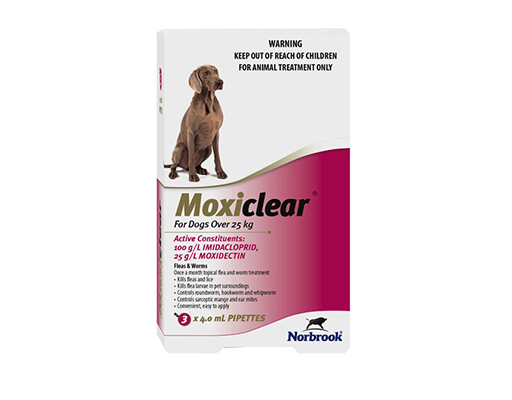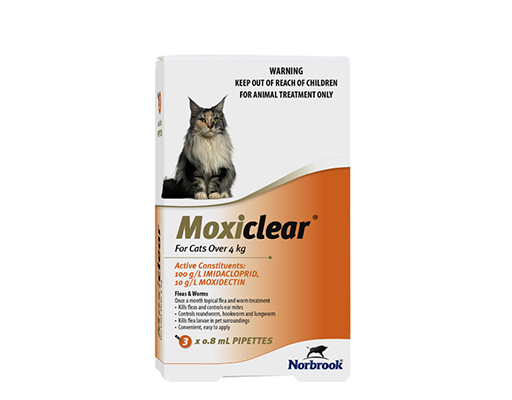Breaking the Flea Cycle
- Monthly treatments: Use Moxiclear on all household cats and dogs monthly to stop fleas breeding.
- Correct product use: Never use a dog flea preventative product on a cat or vice versa, as they may contain different chemicals or strengths which could cause toxicity.
- Year-round prevention: Follow a year-round flea environmental control and preventative treatment plan to prevent problems.
Parasite Control Programs
When deciding which preventative treatment to use for your pet, other parasite diseases to consider apart from fleas include gastrointestinal worms, mites, and ticks. Parasites can also cause illness in your pet and may simply be managed by using a regular treatment that provides broader protection. Working closely with your animal health professional and following these guidelines will help ensure your pet remains healthy and free from fleas and other parasites. Regular check-ups and treatments are key to maintaining a safe and comfortable environment for your beloved companion.






